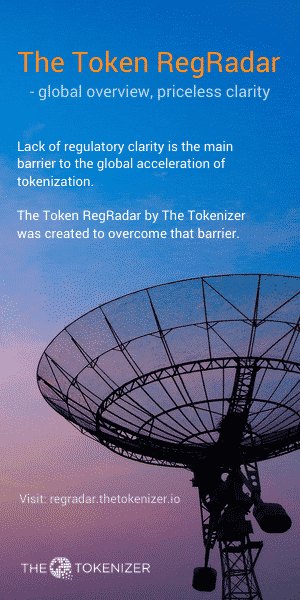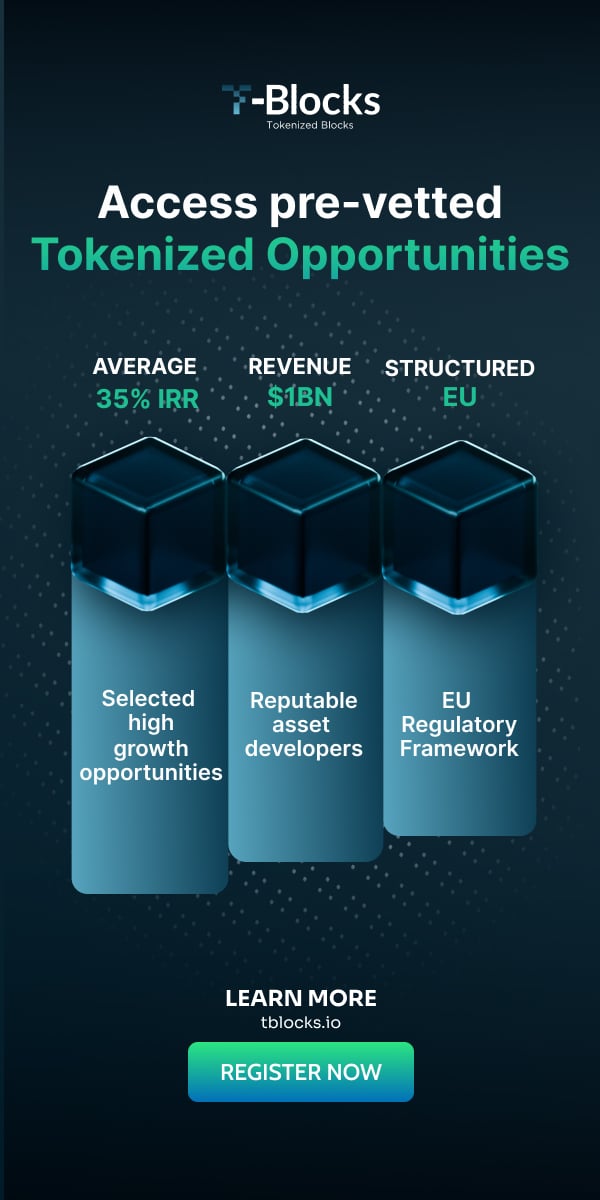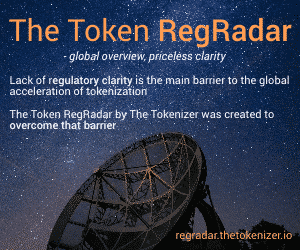IPwe and IBM Seek to Transform Corporate Patents With Next Generation NFTs
IPwe announced plans to begin representing patents as non-fungible tokens (NFTs) or digital assets by working with IBM to create the infrastructure for representing patents as NFTs and storing the records on a blockchain network. The tokenization of intellectual property (IP) will help position patents to be more easily sold, traded, commercialized or otherwise monetized and bring new liquidity to this asset class for investors and innovators.
Tokenization provides greater transparency and can also make related transactions simpler and more cost-efficient. By representing IP in this way, it can be licensed, sold and commercialized. Organizations can also more easily view the IP as an asset on their balance sheet. While NFTs have been used to represent digital art, sports memorabilia and even iconic Tweets, the early adoption of IP-based NFTs could usher in a transformation of how IP is treated by inventors and enterprises.
“The IPwe Platform is designed to transform the patent asset class by increasing transparency and promoting engagement, which we believe will encourage innovation,” said IPwe CEO Erich Spangenberg. “The use of NFTs to represent patents will help create completely new ways to interact with IP. This is expected to benefit not only large enterprises that have significant intellectual property, but it will bring new opportunities to small and medium enterprises and even individual IP owners. We believe it will usher in new offerings by financial services firms and corporations to promote the evolution of a new patent asset class.”
These NFTs will be stored and shared on the IPwe Platform, hosted on IBM Cloud and powered by IBM Blockchain. The IPwe Platform also enables the Global Patent Marketplace, which allows owners and other members of the patent ecosystem to engage and transact, buy, license, finance, sell, research and commercialize patents. IPwe, working with IBM, was the first to create a patent marketplace on the blockchain. The introduction of NFTs will only help accelerate the opportunity for IP, which has been notoriously difficult to manage, value and transact, to be treated as a liquid asset.
IPwe will soon begin trials of its NFTs on the company’s Global Patent Marketplace
According to IPwe, many enterprises, governments, universities and small and medium enterprises (SMEs) around the world are already using their technology, including the IPwe Platform and the IPwe Registry and Global Patent Marketplace. For SMEs in particular, representing patents as digital assets is especially powerful because it allows IP to be treated as collateral or assurance of an organization’s value, also allowing it to be more easily leveraged when seeking funding. The IPwe Registry collects current, active and historical patent records in a single freely accessible registry with enhanced search enabled by IBM AI. A broader ecosystem including financial institutions, insurers, enterprises and other patent stakeholders are planned in the coming months to support the use and exchange of tokenized patents using these new technologies.
IBM and IPwe have worked together for the last three years applying IBM’s deep expertise in blockchain and artificial intelligence to the IPwe Platform to help protect ownership information; generate patent and portfolio analytics; facilitate transactions; reporting and advancements of the next intelligent generation of patent pooling – an agreement among multiple patent holders to jointly license their IP.
“IBM has a long history of leadership in intellectual property and the application of AI and blockchain in business. Our work with IPwe is another example of our collaboration with leading innovators to drive outcomes powered by blockchain capabilities and digital assets that have the potential to transform entire industries,” said Jason Kelley, General Manager, Global Strategic Partnerships, IBM Services. “As businesses increasingly look to transform how they work with intelligent workflows, blockchain technology is a critical tool to increase transparency and reduce barriers.”
Photo by Carson Masterson on Unsplash
More Stories:
Long-term Partnership Between DigiByte Foundation and LCX
Societe Generale Issues The First Structured Product Security Token On Tezos
You Might also Like





















